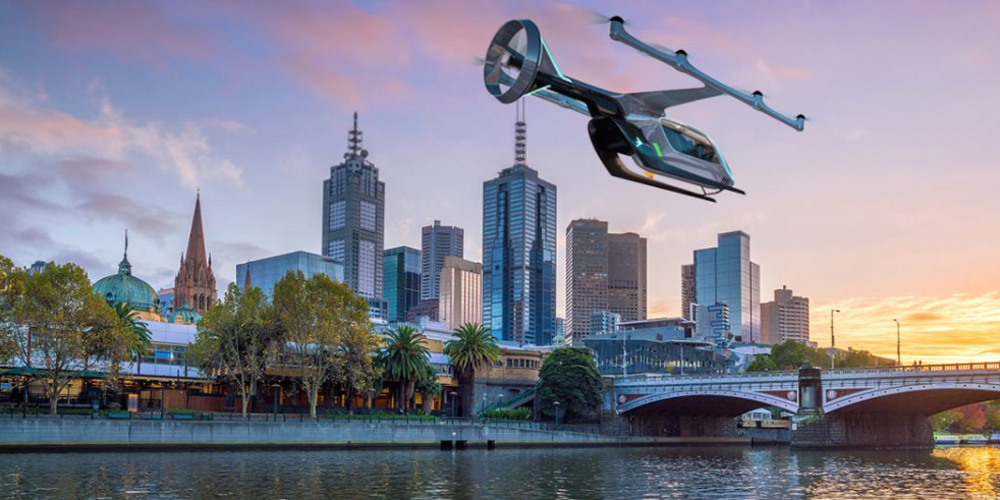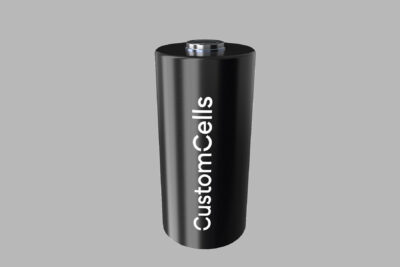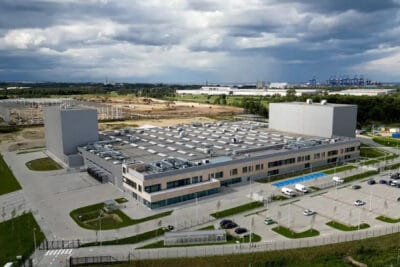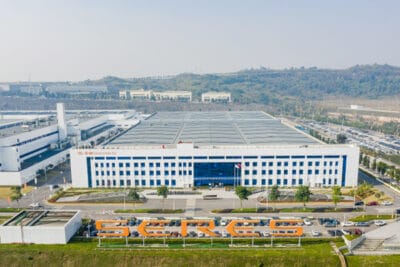Battery research: high energy cells also suit aircraft
Tesla’s battery research partner Jeff Dahn from Dalhousie University provides an update on the new approach to cells with significantly higher energy density, which was presented last year. These should be suitable not only for cars, but also for electric aircraft and drones.
The great potential of these anode-free lithium metal cells in pouch format with liquid electrolyte is once again emphasized in a new technical paper. With their increased energy density, these cells should also be suitable for use in aircraft. “Such high energy density can increase the range of electric vehicles by approximately 280 km or even enable electrified urban aviation,” the research paper states.
The fact that Dahn did not get more precise on the matter leaves room for interpretation. “Urban aviation” could mean electric taxis, or eVTOL (electric Vertical Take Off and Landing), but this may also mean electrically powered aeroplanes for short distances. The Californian company Quantum Air, for example, wants to establish an air taxi service using small electric aircraft rather than eVTOL.
The biggest challenge with the new cells is cycle stability, but there seems to be progress here: While last year, 50 cycles were talked about, an optimized electrolyte is now expected to increase the service life to 200 cycles. This progress is probably still not enough; 800 to 1,000 cycles are currently considered necessary for commercialization. The gravimetric energy density of the cells should be 360 Wh/kg and the volumetric energy density 1,000 Wh/kg.





0 Comments